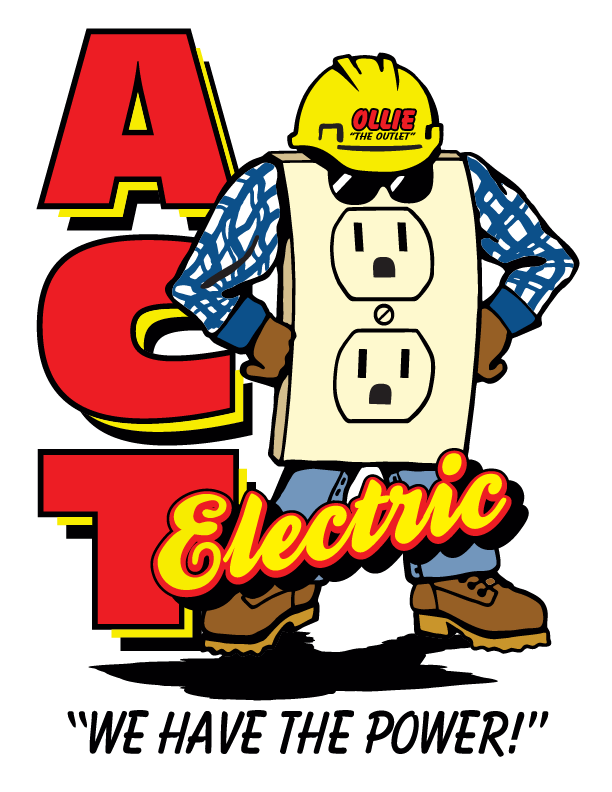Understanding Electrical Inspection Benefits
Statistics show that an average of 51,000 electrical fires occur yearly, causing over 500 deaths and destroying property worth $1.3 billion.
When a homeowner's electrical system works properly, inspection is never necessary. However, waiting until the day an issue arises to begin to inspect and repair the electrical system can cause fires, loss of life, and destruction of property. Carrying out an electrical inspection every three to five years is necessary as it keeps the system working while exposing areas vulnerable to damage before they become a major problem.
Here are the benefits of carrying out electrical inspection:
Electrical inspection benefits
Electrical inspections fall into two categories: home electrical inspection and building electrical inspection. A home electrical inspection involves assessing the critical elements of a home, including the main electrical panel, wiring connection, light fixtures, and Ground Fault Circuit interrupters (GFCIs). A certified home inspector usually carries it out.
On the other hand, a building's electrical inspection is more detailed because it involves assessing whether an entire building's electrical system is safe for all residents. When the certified electrical inspector finds the building safe, they issue the owner an electrical permit.
Each of these inspections has the following benefits:
Fire prevention
Statistics show that an average of 51,000 electrical fires occur yearly, causing over 500 deaths and destroying property worth $1.3 billion. These fires result from faulty or worn-out electrical outlets and wiring, poor installation through DIY projects, and power surges. Regular inspections allow homeowners to detect these problems and carry out repairs before potential fires break out.
Less risk of electrical shocks
Electrical shocks occur when homeowners come into contact with exposed live electrical wires resulting from wear-and-tear or improper connection. Inspection mitigates shock risks from faulty wiring by assessing the wiring system to detect areas that need repair. Also, it evaluates GFCIs that prevent shock in moist areas by shutting off power when they sense electrical current imbalance to ensure they're functional.
Proof of compliance with electrical standards
Each area has electrical regulation codes that home and building owners must comply with to ensure their buildings are safe for people to occupy. The way to determine whether a home or a building is safe is by conducting an electrical inspection and obtaining an occupancy permit from a certified electrical inspector. An occupancy permit is permission to build and install electrical units from local authorities.
Extends electrical appliance's lifespan
Electrical inspection covers maintenance activities such as tightening loose connections and regulating voltage range for efficient operation. This helps electrical appliances operate without encountering power issues such as voltage fluctuations and surges. Homeowners won't have to pay for electrical appliance repair or replacement.
It minimizes energy wastage
Electrical inspection evaluates electrical appliances, revealing the ones operating at a higher voltage than necessary. Optimizing voltage usage helps to conserve energy. Also, the process helps property owners shift to energy-efficient lighting systems such as LED bulbs that minimize energy wastage.
Perform an electrical inspection
If it's been more than three years since your home or building has had an electrical inspection, it's crucial to consider doing one immediately. It'll reveal problems before they materialize and restore the electrical system to optimal operation. Contact professional electrical inspectors today.
ACT Electric is a full-service residential and commercial electrical contractor company specializing in electrical installation, repairs, and upgrades, electrical troubleshooting, electrical remodeling, electrical home inspection, and electrical retrofitting. We always prioritize customer comfort and safety. Give us a call at (480) 986-1722 today!

